Any endeavor in life, including career goals, requires assessment and support. I’m sharing a story today about my youngest daughter, Aurora, whose recent experience showcases the highs and lows of pursuing any dream. Honestly, it’s also a chance for me to process what it took to support her dream and my takeaways.
Aurora experienced skiing for the first time about 18 months ago. Although she was “late” to the sport, being 14 years old, she took to it like a duck to water and was determined to become the best skier she could possibly be.
Her passion thrilled me and also made me slightly nauseous. I was delighted that she found something she loved and wanted to commit to. It reminded me of my passion for story and how, as a teenager, I would read anything I could get my hands on (Jane Eyre, Hardy Boys, Coma, everything by Stephen King), watch A LOT of television (Moonlighting, Dallas, Knots Landing) and audition for every play and musical (You’re A Good Man Charlie Brown, Arsenic and Old Lace, Hello Dolly!)
I also hate the cold. While I exercise, I’m not an athlete and know nothing about winter sports. The idea of being someplace cold for months at a time makes my whole body tighten and cringe.
But what are you gonna do when someone you love loves something you don’t love? You figure it out.
MAMMOTH, HERE WE COME
My husband Chuck and I did a lot of research on how to keep Aurora in school in Southern California while still being able to ski. We needed a place we could drive that wasn’t so far but also had great conditions and a structured program for her to learn.
A friend of Chuck’s suggested Mammoth (in the California Sierra Nevada mountains), which has top-rated ski teams. We visited last summer, met with the head coach and program coordinator, strolled around the town, took a hike, and were in.
We’ve now ended our first ski season with the Mammoth team. Aurora received an award for “Most Improved,” which is spot on because of the depth of her commitment, discipline, focus, and resilience. You can’t get to most improved by not investing oneself wholeheartedly — which she did. Which we honestly all did as a family. It takes a village is no joke.
A BRUTAL SCHEDULE AND A BIG INVESTMENT
Aurora essentially was working 7 days a week over 5 months: going to school every week day, arriving in Mammoth late Friday night, on the slopes by 8:30 am Saturday morning, skiing all day, again on Sunday, and then driving back to Los Angeles Sunday night, arriving home late to unpack and get ready for school the next day.
She (and we) did this from mid-November through mid-April.
At one point in the season, Aurora didn’t feel she was improving as much as she wanted. She asked for a private lesson with one of the coaches. It’s fairly pricey, and I was reluctant for cash flow reasons, but also wanted to honor her commitment to her sport. So we agreed to split the cost - her share was $130, which is a big chunk of her $826 in savings. I’m so proud of the investment she made in herself.
A SCARY CALL FROM THE HEAD COACH
Stating the obvious: skiing is a risky and potentially dangerous sport, and Aurora had a few altercations. One day, I got an unexpected call from her head coach, which scared me like I’d never been scared before. He was breathless and said, “Oh, sorry, I’m looking for your husband. Aurora’s had a fall.”
I was home in Los Angeles that weekend, taking care of the dogs, guinea pigs, and bunny. That was one of our challenges - we have so many animals someone always has to be at home, which meant that as a family, we were apart almost every single weekend during the season.
So, on the weekend of Aurora’s big crash, Chuck was with her in Mammoth. I gave the coach Chuck’s number and hung up, understanding that whatever was happening was time-sensitive. But as soon as the line went dead, I realized he never said, “Aurora is okay.”
Knowing that Chuck would be dealing with the situation, I texted him to let me know as soon as he could what was going on. And that’s when the fear kicked in. I didn’t know what happened, when I would find out, and what would be needed ... my mind went to all the horrible places: she broke a bone, she broke an arm, she broke a leg, she hit her head, she’s unconscious, she’s paralyzed … and it wasn’t like I was coming up with ridiculous scenarios. I couldn’t help but remember what happened to Sonny Bono and Natasha Richardson.
Twenty minutes went by. Crickets.
I called my older sister Teresa, who has always taken care of me, to help center myself. Her voice is calming and soothing.
I don’t remember what we spoke about. I just remember she helped me feel grounded so that if I needed to drive to Mammoth or arrange for medical care, I would be able to do so.
Finally, I couldn’t take it anymore and called Chuck. Ski Patrol had taken Aurora off the mountain on a toboggan. They had arrived at patrol quarters and were finishing up a physical exam.
Aurora would be okay, but they were being appropriately cautious and encouraged us to take her to a doctor. I was able to breathe again. I cried with relief and texted my sister that Aurora did not have any serious injuries.
END OF THE SEASON
The last day of the season was on Sunday, April 21.
I couldn’t help myself and crunched some numbers that we wracked up:
13,020 miles = twenty-one round trips from Los Angeles to Mammoth
Fifty nights in Mammoth
Forty-two large fries from McDonald’s
Fifteen home-made beef stews for dinner on the road
Sixteen stays at the Tamarack Lodge
Five stays at the Juniper Hotel
Three trips to the Orthopedic doctor
Two concussions
One trip to the ER
One set of fractured ribs
When I look at Aurora, I see how she is coming into her own. She’s terrified and exhilarated. She’s shy and bold. She’s a rookie and mentors the younger kids. She holds nothing back and is acutely aware of her learning curve. She’s taken literal body blows and gotten right back on the slopes.
We have come together as a family to support each other. Chuck and I took turns driving up to Mammoth, with him doing the bulk of the trips because I was frequently out of town teaching at Northwestern University. Our eldest daughter, Mitzi, would take care of the animals and the house while we weren’t there and also do the food shopping. It was amazing to come home late on Sundays with the fridge and pantry stocked for the week.
ALWAYS ASSESS
I’m a big believer in assessment and evaluation. As much as possible, I like to do a “debrief” after a big zoom meeting, an event, or a life-changing experience. 😜 I wrote about assessment here.
My takeaways from the last six months:
It was really, really, really hard to be apart almost every single weekend. Chuck and Aurora in Mammoth, me in Chicago, Mitzi in Los Angeles. It’s okay and important to say “ouch” so you can course correct and tend to any wounds.
We adapted quickly and with grace, which is part of our natural resilience. (It’s like the cold water plunge - wrote a blog about this too!) We found a routine on Thursday nights. Mitzi would make pasta for Aurora’s weekend lunches, I would pack the cooler and Aurora’s suitcase, Chuck would make beef stew for Saturday night dinner, and Aurora would do her homework.
Witnessing another human blossoming into their potential is gratifying, inspiring, and humbling. My “sacrifices” had a very high rate of return.
We needed each other. We could not have done this solo.
I feel like this ski season was the definition of fulfillment. We were all keenly aware of the why of what we were doing and how we were honoring our values. While we had so many victories and highs, there were also hard and scary lows.
HOW DOES THIS RELATE TO CAREER AND GRIEF?
It’s a gigantic metaphor.
We get ignited by something, we convince ourselves we can do it, and we study and earn our 10,000 hours. We say no to relationships, hobbies, and rest in order to make a go of a career in our field of passion. Along the way, we stumble and trip. Sometimes, we faceplant. Frequently, we need outside support to assess the damage and help us get back on our feet. We might question if we made the right choice, but at the same time, we can’t envision a life without the thing we are passionate about …
A career can be fulfilling if you know your why and how it is honoring your values. If it’s not fulfilling, you may be living someone else’s dream.
A career naturally has peaks and valleys. You are bound to fall and get hurt. Say ouch and then assess what needs to be course corrected. It could be a minor adjustment like learning a new skill, or it could be a move to a new company that is culturally aligned with what’s important to you.
A career does not succeed by itself. You need your village.
BOTTOM LINE
In wrapping up Aurora’s ski season saga, I’m reminded of the power of commitment, resilience, and support. Whether it's hitting the slopes or pursuing career goals, the journey is rarely a smooth ride. It’s about embracing the highs and navigating the lows, all while staying true to our passions and values.
Aurora’s dedication to skiing, despite the challenges, mirrors the pursuit of any dream. It's about putting in the hours, facing setbacks, and leaning on our village for guidance and encouragement. So, whether you're carving through snow or carving out your career path, remember: take time to assess what’s working and not working, course correct as needed, and ask for and receive the support of loved ones.
JOURNAL PROMPTS
Here are a few journal prompts to help you understand what’s needed to help you reach your career goals:
Reflect on a time when you or someone you care about pursued a passion or dream that required significant commitment and sacrifice. What were the highs and lows of that experience? How did it impact you personally, and what did you learn from it?
Consider a time when you had to support a loved one in their pursuit of a goal or dream that you may not have fully understood or shared. How did you navigate the challenges and sacrifices involved? What insights did you gain about yourself and your relationships through this experience?
Reflect on the concept of resilience and perseverance, as illustrated in the blog. Recall a time when you faced adversity or setbacks in pursuit of a goal. How did you overcome these challenges, and what strategies did you employ to stay resilient? How can you apply these lessons to future endeavors?
Consider the role of support systems and community in achieving personal or professional goals. Reflect on the individuals or networks that have supported you in your own journey. How have these relationships contributed to your growth and success? In what ways can you further cultivate and nurture your support system to achieve your aspirations?
🙌🏾 Questions? Would you like additional support in accessing resilience? I offer private coaching sessions as well as in-person and virtual group work. Reach out directly here to set up a complimentary consultation.
If you’re resonating with what you’re reading, please consider subscribing. What’s that mean?
🙌🏾 You’ll receive regular emails (with lots of heart and a bit of humor) that share a tool or insight from my coaching practice.
🙌🏾 Typically the blog and blogcast will have a question at the end to provoke thought that supports you in your growth.
🙌🏾 Updates on offerings, free stuff, recommendations, referrals.

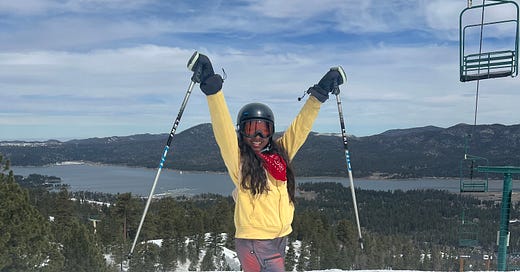



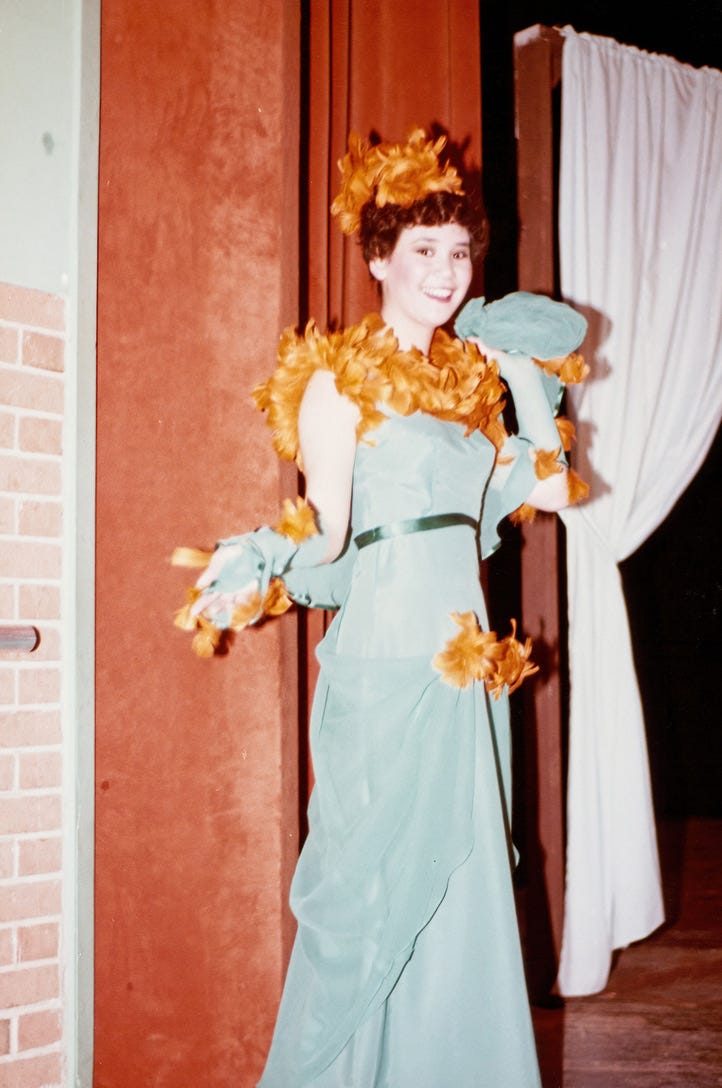
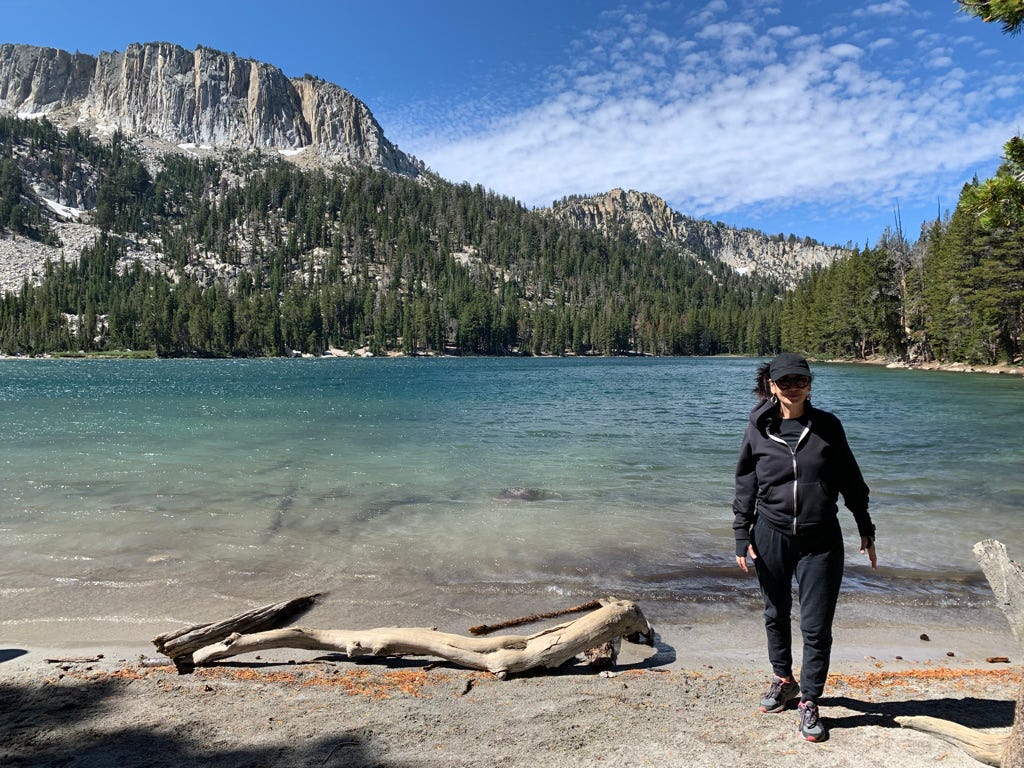
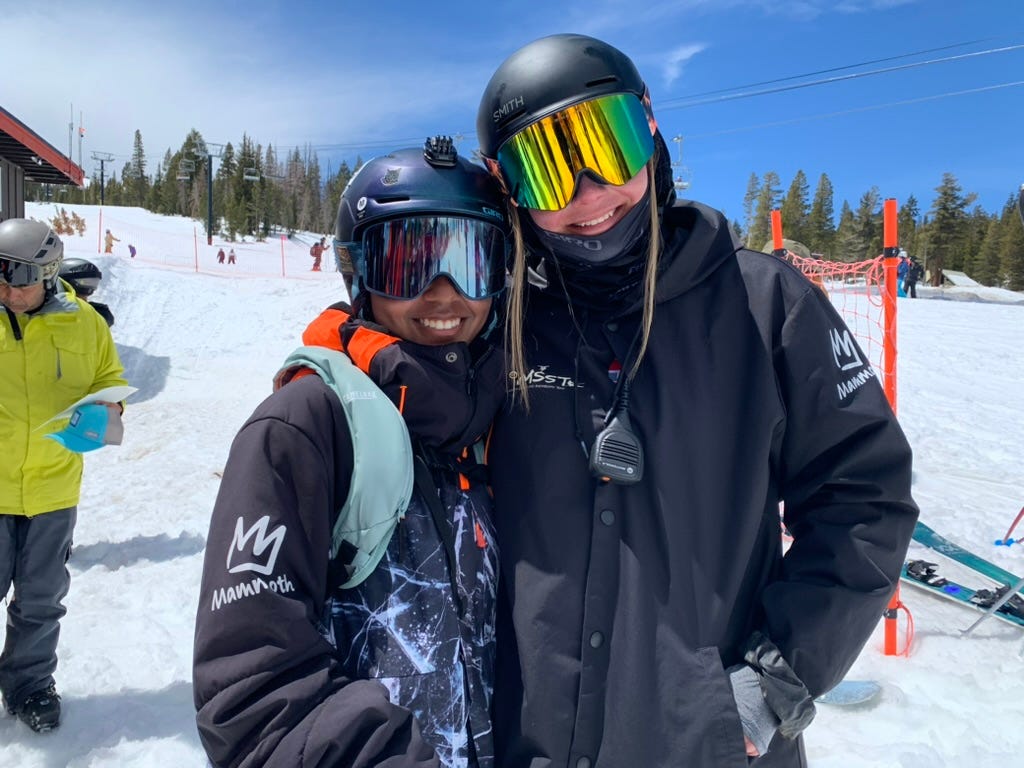

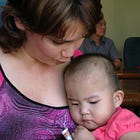




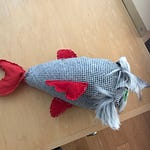





Share this post